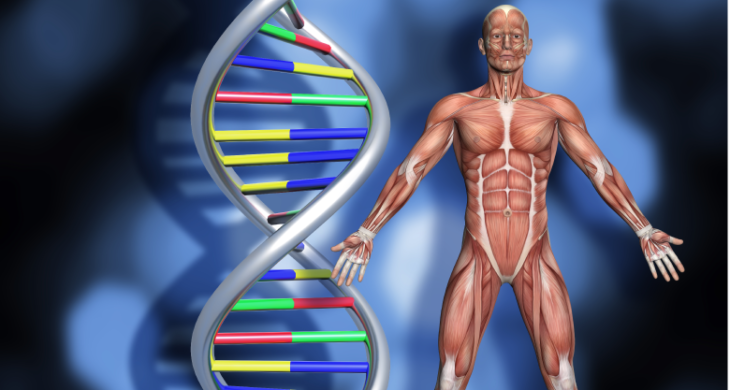
Date: 29th January 2020
Article in brief:
Duchenne muscular dystrophy (DMD) is a genetic disorder characterised by progressive muscle degeneration and weakness due to the alterations of a protein, dystrophin, that helps keep muscle cells intact. Now scientists have developed a CRISPR-based gene therapy that may provide permanent relief for those suffering from DMD.
DMD affects about one in 5,000 males at birth, and the average life expectancy although increasing is around 26 years. Frameshift mutations in the DMD gene, cause this terminal disease.
Previous work has shown that AAV-mediated life-long CRISPR genome editing in DMD mice models restored dystrophin expression and improved cardiac function without inducing serious adverse effects.
Now scientists from Munich, Germany, have used somatic CRISPR gene editing in living pigs to restore the DMD reading frame, resulting in expression of a shortened but largely functional dystrophin protein.
- Adeno-associated viral vectors were used as a delivery system for Cas9 and sgRNAs (sgRNAs that flanked the frameshift site), to enable excision of a ‘faulty’ exon and allow restored dystrophin expression.
- Intramuscular injection in pigs induced the expression of dystrophin protein and, whilst shorter in length, it increased skeletal muscle function.
- Systemic application of these AAV particles, also in pigs, led to widespread dystrophin expression in muscle, including in the diaphragm and heart. This lead to prolonged survival and reduced arrhythmogenic vulnerability.
- Similarly, in induced pluripotent stem cell-derived myoblasts and cardiomyocytes of a DMD patient this system was able to restore dystrophin expression with improved skeletal myotube formation and reduced arrhythmogenic susceptibility.
Conclusions
- Muscle and cardiac cells are long lived, therefore it is hoped that the correction is a long-term solution.
- Building on previously reported success of this approach in mouse models the success here in large animal models is encouraging for clinical translation.
- This paves the way for new treatment approaches in patients with this devastating disease.
- With large pharma and biotech companies such as Vertex, CRISPR Therapeutics and Exonics Therapeutics having a vested interest in this disease it is hoped that such efforts will accelerate a route to clinic.
For more information see the press release from the Technical University of Munich.
Moretti, A., L. Fonteyne, F. Giesert, P. Hoppmann, A. B. Meier, T. Bozoglu, A. Baehr, C. M. Schneider, D. Sinnecker, K. Klett, T. Fröhlich, F. A. Rahman, T. Haufe, S. Sun, V. Jurisch, B. Kessler, R. Hinkel, R. Dirschinger, E. Martens, C. Jilek, A. Graf, S. Krebs, G. Santamaria, M. Kurome, V. Zakhartchenko, B. Campbell, K. Voelse, A. Wolf, T. Ziegler, S. Reichert, S. Lee, F. Flenkenthaler, T. Dorn, I. Jeremias, H. Blum, A. Dendorfer, A. Schnieke, S. Krause, M. C. Walter, N. Klymiuk, K. L. Laugwitz, E. Wolf, W. Wurst and C. Kupatt (2020). “Somatic gene editing ameliorates skeletal and cardiac muscle failure in pig and human models of Duchenne muscular dystrophy.” Nature Medicine.
https://doi.org/10.1038/s41591-019-0738-2

